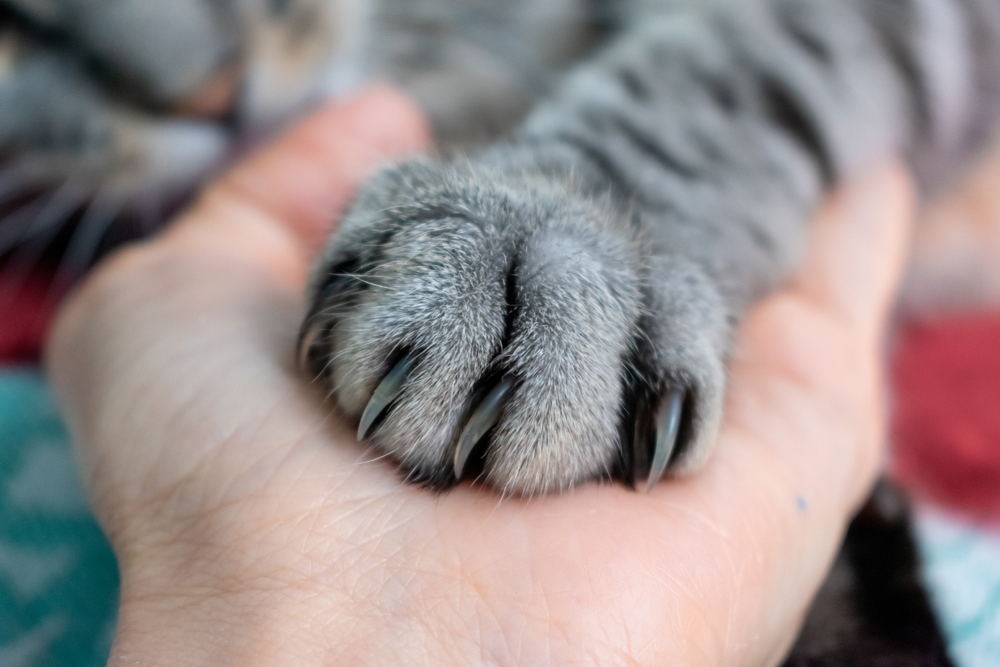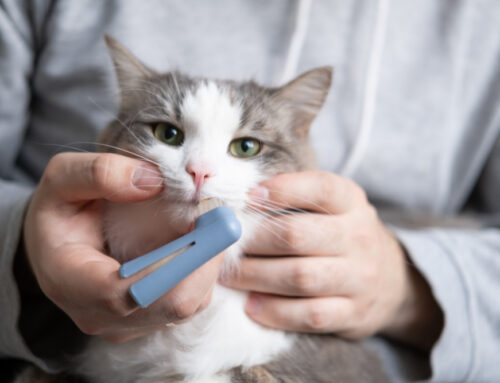Losing your beloved pet can be one of the most difficult experiences in life. Whether you had your furry friend for years or just a short while, the bond you shared is profound and the grief can be overwhelming. To help you cope with losing a pet, our Cane Bay Veterinary Clinic team has some tips on how to navigate through the pain while also providing support for the adults, children, and other pets who may be mourning alongside you.
How to help adults cope with losing a pet
While adults understand the dying process, coping with the loss of a cherished companion can still be incredibly challenging. Use the following tips to help process the loss:
- Allow yourself to grieve — Understand that it’s OK to feel intense emotions like sadness, anger, and guilt. Permit yourself to mourn the loss of your pet without judgment.
- Seek support — Lean on friends, family, or support groups who understand the depth of your loss. Talking about your feelings can provide comfort and validation during this difficult time.
- Memorialize your pet — Create a tribute to honor your pet’s memory. This could include putting together a scrapbook, planting a tree, or making a donation to an animal charity in their name. Finding a meaningful way to remember your pet can bring a sense of closure.
- Take care of yourself — Remember to take time to care for yourself as you grieve. Eat nutritious meals, get plenty of rest, and engage in activities that bring you comfort and joy. It’s essential to be kind to yourself during this process.
- Consider professional help — If you find that your grief is overwhelming and affecting your daily life, don’t hesitate to seek professional help from a therapist or counselor specializing in pet loss.
How to help children cope with losing a pet
Supporting a child through the loss of their furry friend can be difficult, so incorporate the following tips to help ease their grief:
- Be honest and age-appropriate — When explaining the loss to children, be truthful in a way that’s suitable for their age and understanding. Avoid using confusing or euphemistic language because this can lead to further distress.
- Encourage expression of feelings — Allow children to express their emotions freely, whether through talking, drawing, or writing. Validate their feelings and offer reassurance that it’s normal to feel sad.
- Create rituals — Establishing rituals such as a memorial ceremony or a memory box can provide children with a sense of closure and help them process their grief.
- Provide extra comfort — Offer extra attention to help reassure children of your love and support during this challenging time. Encourage them to share stories and memories of their beloved pet.
- Monitor for signs of distress — Keep an eye out for signs of prolonged distress in your children, such as changes in behavior or difficulty sleeping. If needed, seek guidance from a pediatrician or child psychologist.
How to help other pets cope with losing a housemate

If you have other pets in your household, they will need support as they process the loss of their four-legged companion. Help your other pets by:
- Recognizing their grief — Like people, pets can experience grief when a companion passes away. Be mindful of changes in behavior, appetite, or mood in your surviving pets.
- Maintaining a routine — Stick to your pets’ usual routines as much as possible to provide a sense of stability during this transition. Regular feeding times, walks, and play sessions can help reassure them.
- Providing comfort — Offer extra attention and affection to your surviving pets. Spend quality time with them, engage in activities they enjoy, and create a supportive environment where they feel safe.
- Introducing new routines slowly — If you’re considering bringing a new pet into your home, introduce them gradually and with sensitivity to the emotions of your existing pets. Give them time to adjust to the change.
Losing a pet is an incredibly painful experience, but with time and support, healing is possible. Remember that it’s essential to mourn and that there’s no timeline for grief. Cherish the memories you shared with your pet, and know that their love will always live on in your heart.
If your remaining pets are not adjusting well to the loss of their housemate, contact our Cane Bay Veterinary Clinic team for support.







Leave A Comment